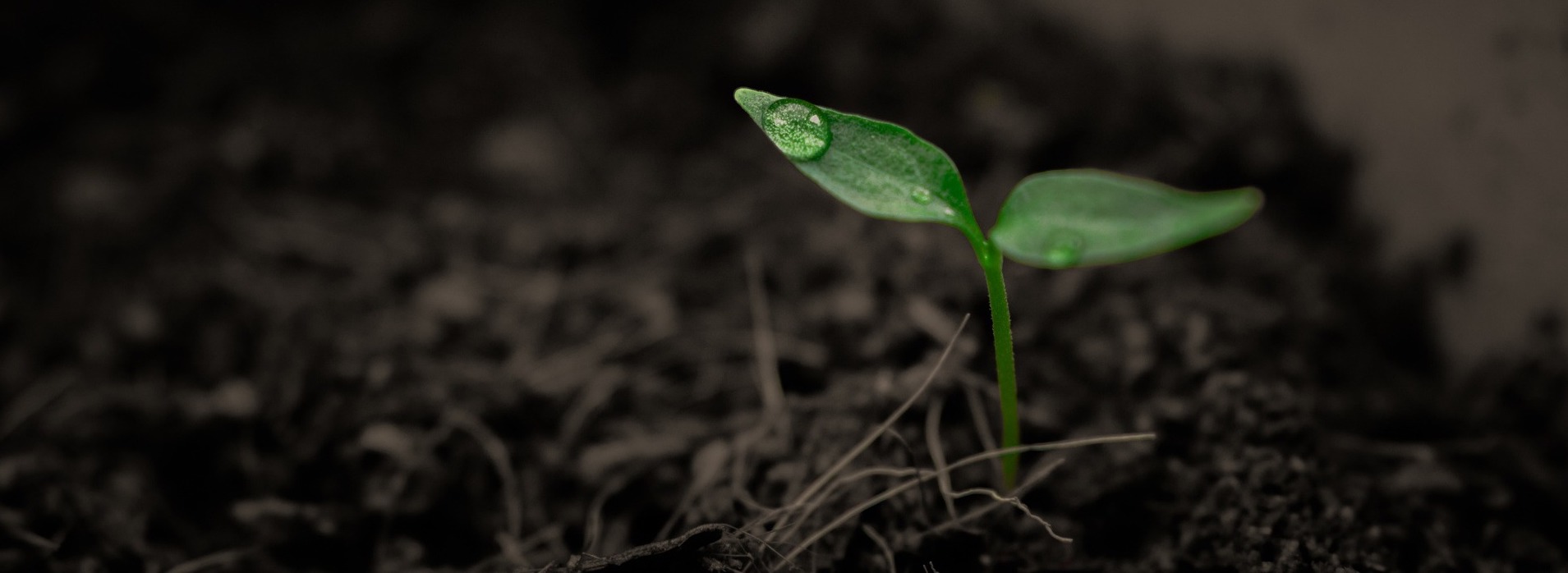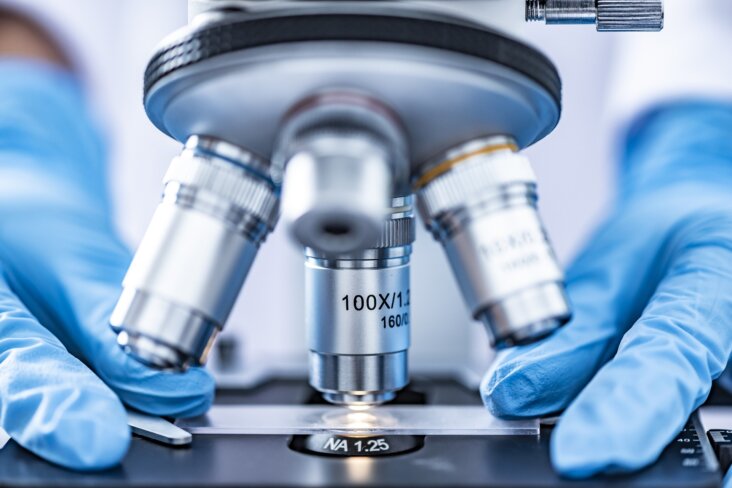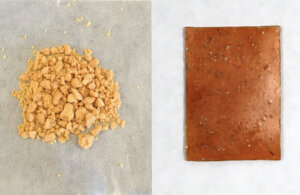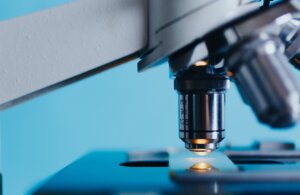A team of researchers at the ETH Zurich, Switzerland, is said to have discovered a novel method of accurately measuring how plastic degrades in the environment. According to the research, published in Nature Communications, the presented methodology is broadly applicable to investigate biodegradation of biodegradable polymers in various receiving environments. These findings could one day provide tools to ensure and certify product biodegradability. “A lot of plastic packaging is currently inaccurately labeled as “biodegradable” because tracking the degradation of polymers in the soil is a complex task.” lead study author Dr. Michael Sander tells PackagingInsights. Sander and his team replaced some of the carbons in the polymer with a stable carbon isotope that is naturally very rare, thus enabling the polymers to be traced. “Now, the polymer carbon can be tracked by that stable isotope. It’s a bit like painting some of the carbon atoms in the polymer in a slightly different color and, by doing so, making them analytically distinguishable from the other carbons,” says Sander. “It's the first time that the idea of using stable carbon isotopes to selectively follow polymer carbon during biodegradation has been experimented.”
“This work provides an unprecedented view into the biodegradation process,” he asserts.
Biodegradation, the core of the carbon cycle










